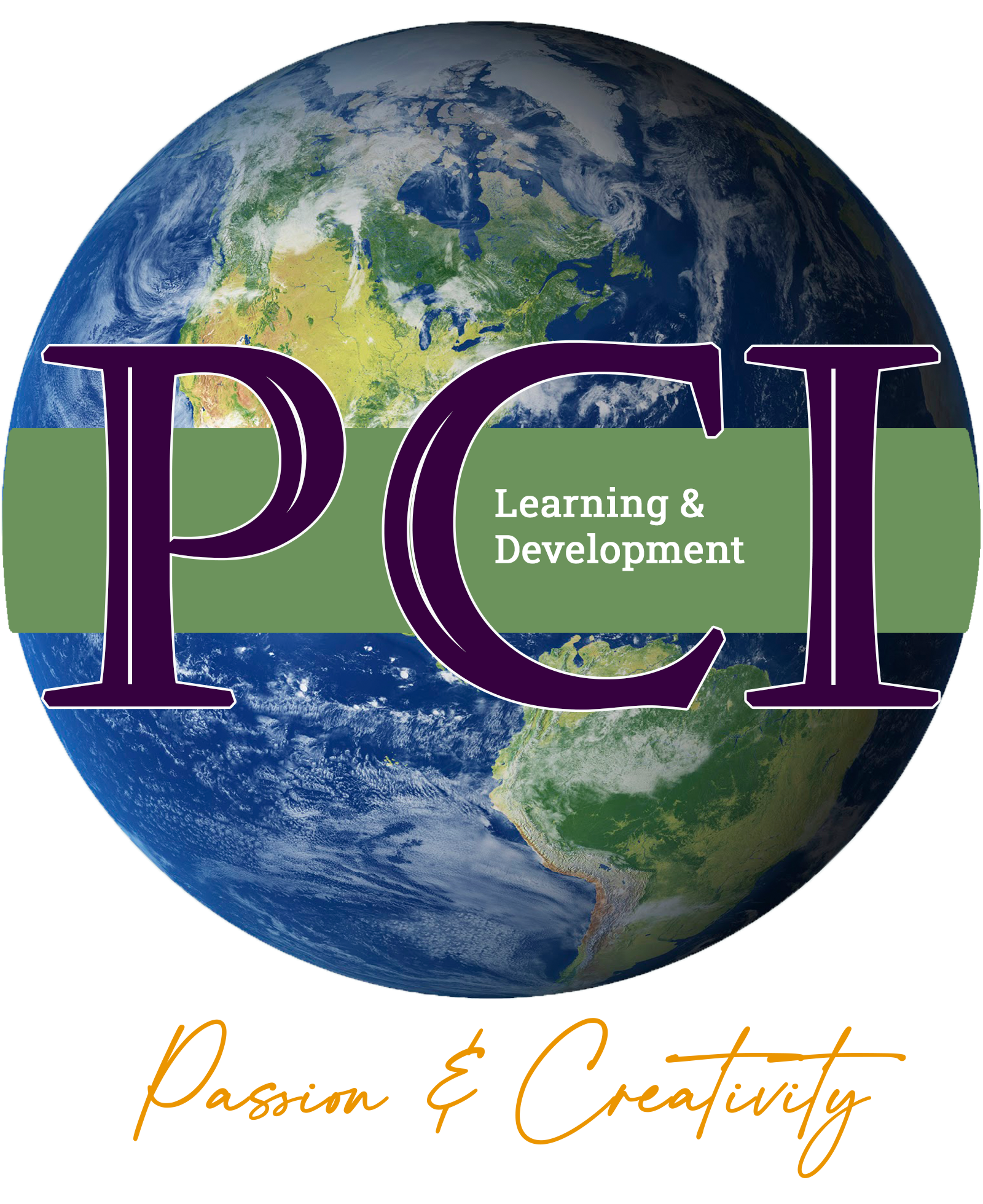Introduction:
Strategic thinking and planning are indispensable elements in navigating the complexities of today’s global landscape. While often associated with business and organizational strategy, these principles extend far beyond boardrooms, permeating every facet of life where deliberate decisions shape outcomes. At its core, strategic thinking involves the ability to anticipate future trends, assess current realities, and craft innovative approaches to achieve desired goals effectively.
Strategic planning, its practical counterpart, translates strategic thinking into actionable steps and initiatives. It involves setting clear objectives, identifying key resources, and allocating them efficiently to maximize outcomes. Whether applied to personal aspirations, professional endeavours, or organizational growth, strategic planning provides a structured framework for realizing ambitions and responding adeptly to changing circumstances.
This introduction sets the stage for exploring the interconnected concepts of strategic thinking and planning, emphasizing their role in fostering resilience, innovation, and sustainable success. By cultivating these skills, individuals and organizations can navigate uncertainty with confidence, capitalize on opportunities with precision, and chart a course towards a prosperous future.

